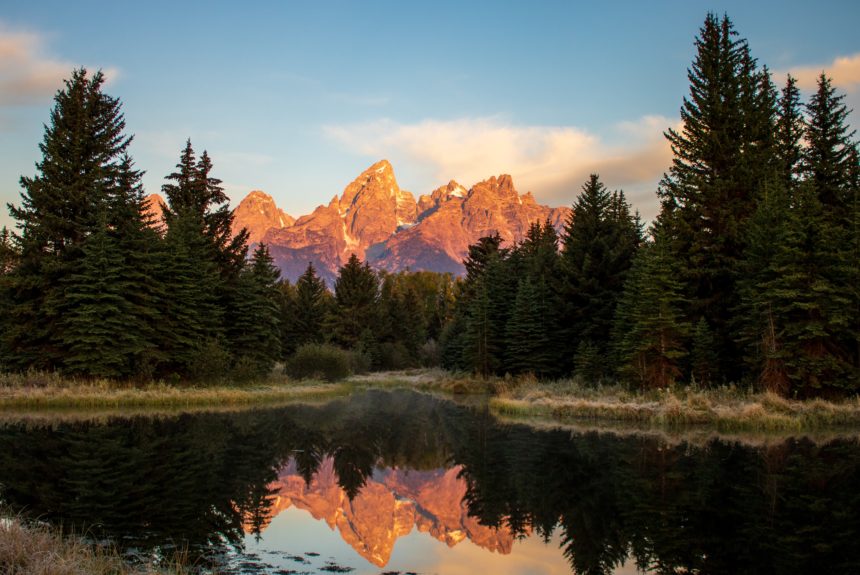Throughout history, the presidents who have done the most for conservation have, more often than not, been conservative. This should come as no surprise since the word conservative and conservation share the root word of ‘conserve.’ To conserve means to preserve. Conservation has always been at the heart of conservatism both fiscally and environmentally. Balancing fiscal and environmental conservation means lasting resources and lands for future generations. The four presidents on this list understood this balance and made contributions to conservation that we still enjoy today.
Abraham Lincoln
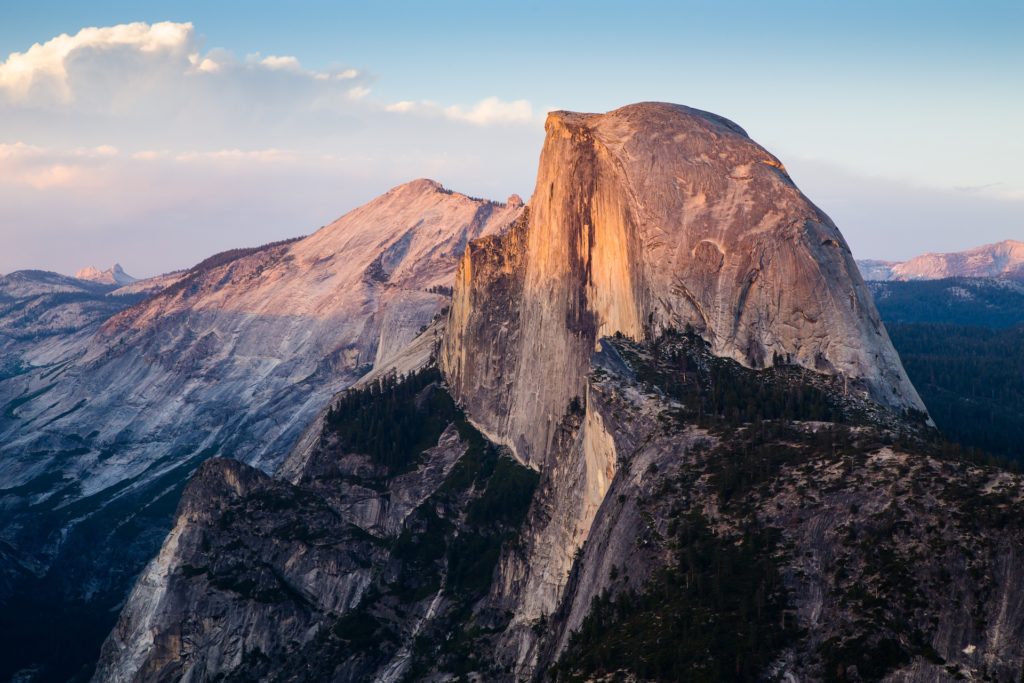
President Abraham Lincoln is well known for the Civil War, the Emancipation Proclamation, and the tragic end to his life, but his contributions to conservation are often overlooked. Even in the midst of the Civil War, Lincoln saw the need for conservation and signed into law a bill that set aside Mariposa Grove and Yosemite Valley in California as protected land. The signing of this bill not only protected 500 mature giant sequoias, but it also set a precedent about the conservation of land that would eventually lead to a National Park Service. As the nation’s first Republican president, he set a precedent for the Republican presidents that came after him.
Ulysses S. Grant
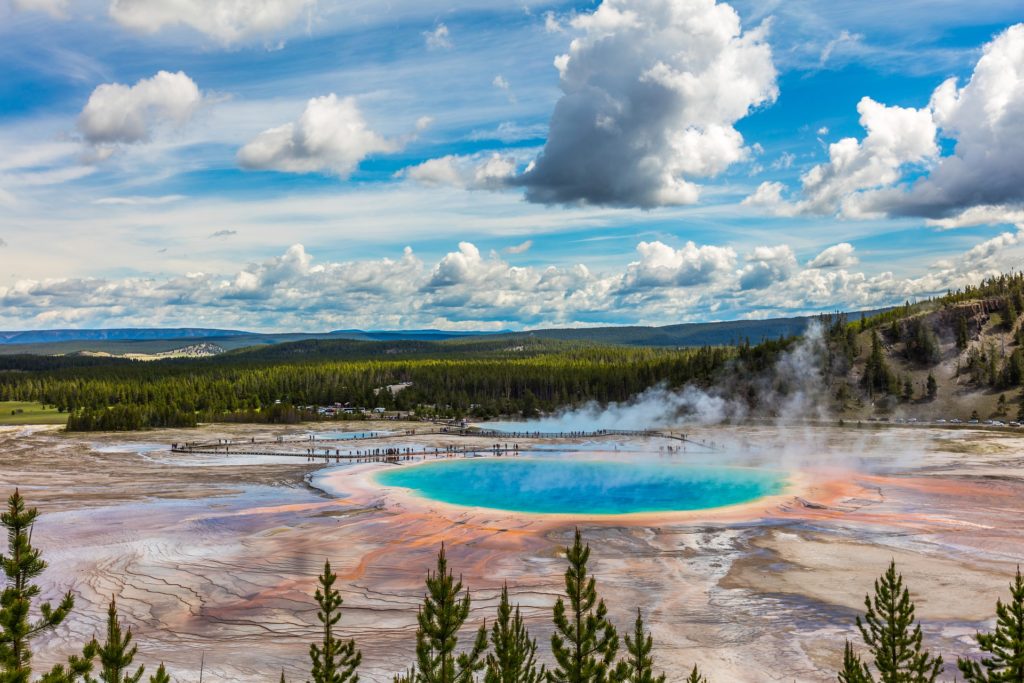
Following the precedent set by Abraham Lincoln, Ulysses S. Grant signed into law a bill that made Yellowstone the nation’s first national park. President Grant further recognized the need to protect the northern fur seal in Alaska. To do so, he set aside protected land for the benefit of the northern fur seal. The protection of the Pribilof Islands in Alaska helped to ensure their survival. This act eventually led to the creation of the Fish and Wildlife Service in 1871.
Benjamin Harrison
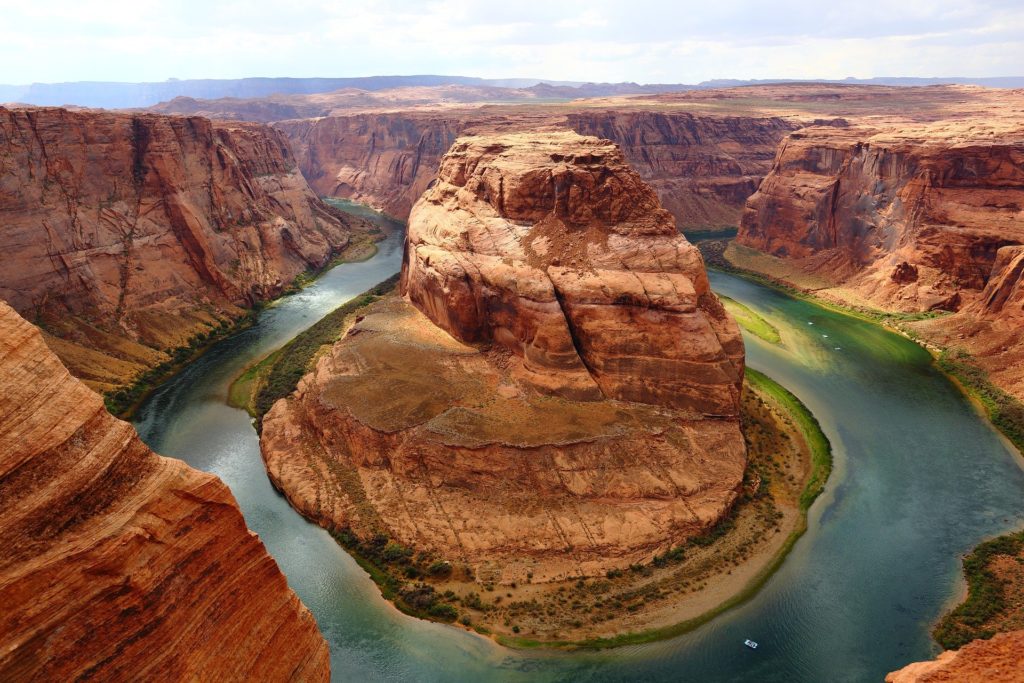
President Benjamin Harrison expanded upon the conservation efforts begun by Republican presidents Lincoln and Grant. In 1882, Benjamin Harrison put forward a bill to protect land along the Colorado River, what we now know as the Grand Canyon. He proposed the bill in 1883 and 1886 as well. Although it failed to pass during his service as senator, the bill paved the way for the protection of the Grand Canyon in 1919. After being elected, President Harrison signed The Forest Reserve Act of 1891. President Harrison used the provisions of this bill to protect over 17 forests during his presidency. President Harrison is often overlooked when considering presidents who contributed to conservation, but his achievements protected many of the forests and public lands that we still use today.
Theodore Roosevelt
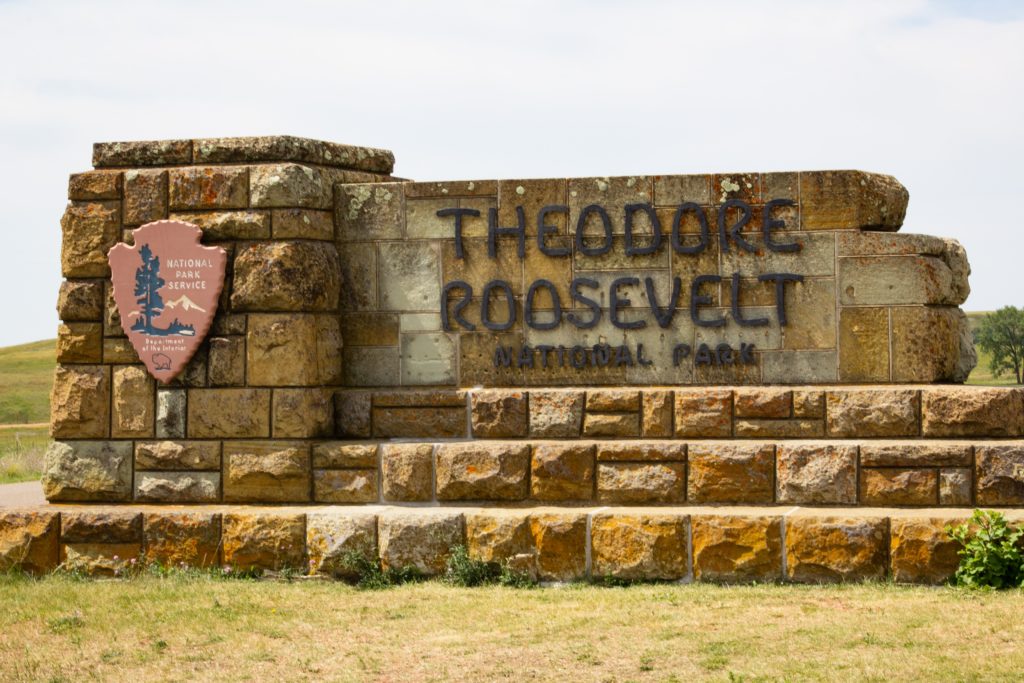
President Theodore Roosevelt arguably has done more than any president in history to advance conservation efforts. As an avid outdoorsman who took trips all over the country, he understood the natural wonder and beauty that was at stake. In 1903, President Theodore Roosevelt went on a camping trip with John Muir through Yosemite. Instead of taking a drive through the area, President Roosevelt wanted to fully experience the natural setting of the region. After reading some of Muir’s writings, he wrote Muir asking him to show him the Yosemite Valley. He told Muir, “I do not want anyone with me but you, and I want to drop politics absolutely for four days and just be out in the open with you.” Roosevelt subsequently preserved over 230 million acres of land during his presidency.
Continuing the Tradition
Republicans in the House of Representatives are continuing with this tradition of conservation and environmental protection by forming the Conservative Climate Caucus. Conservatives believe in protecting our environment in sustainable ways. Sustainability applies both to environmental and economic impact. If a nation is no longer economically sustainable it cannot support efforts to conserve our resources or combat climate change. Our goal should always be sustainable policies that can last for generations. Lincoln, Grant, Harrison, and Roosevelt paved the way for conservation in our country and we should ensure that this practice of conservation continues for many generations to come.
Clark Strawser is a contributor to C3 and Adjunct Professor with the Helm’s School of Government at Liberty University. Follow him on Twitter @ClarkStrawser.
The views and opinions expressed are those of the author’s and do not necessarily reflect the official policy or position of C3.
